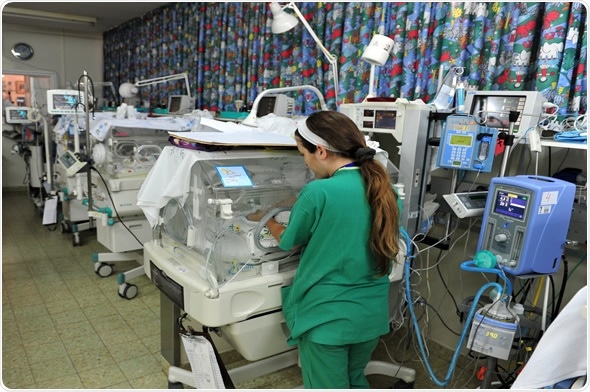For The Latest Medical News, Health News, Research News, COVID-19 News, Pharma News, Glaucoma News, Diabetes News, Herb News, Phytochemical News, Thailand Cannabis News, Cancer News, Doctor News, Thailand Hospital News, Oral Cancer News, Thailand Doctors
Neonatal nursing is a subspecialty of nursing that involves the care of young infants. The term neonatal originates from the term neo, which means new, and natal, which means birth.
A neonatal nurse is responsible for the care of the first period of an infant’s life, usually the initial 28 days, although this can be extended in some cases. They care for all infants, including those who are healthy, those who have some complications, and those who are critically ill and require intensive care. Naturally, the level of care required for each infant will differ considerably according to the situation.
These first few weeks of an infant’s life carry significant changes, transitions, and challenges for the infant and the new parents, and the role of the neonatal nurse is important for this reason.

A neonatal nurse may perform several tasks, including
Advancements in technology have significantly improved the likelihood that infants born with some complications will survive with minimal lasting effects. This has changed the way in which a neonatal nurse provides care and improved overall patient health outcomes.The eventual aim is to discharge the infant and the mother from the hospital within an appropriate time frame. The neonatal nurse should pay particular attention to the preparation of the mother, who should feel comfortable in caring for the young infant when they leave the hospital.
As neonatal nursing is a specialization of nursing, it is necessary for a nurse to first undergo the appropriate training with an undergraduate degree in nursing, before beginning the specialization. There are several qualifications that may allow a nurse to specialize in neonatal care including neonatal nurse practitioner (NNP) and neonatal clinical nurse specialist (CNS).
Following registration as a nurse, a master’s degree of Doctor of Nursing Practice in Neonatal Nursing is then required. Upon graduation, the nurse must pass the National Council Licensure Examination (NCLEX) to become registered and practice as a neonatal nurse in the United States. In other countries, the requirements may differ slightly, but additional study and experience are typically needed to acquire a specialization in nursing.
There are various levels of nurseries where a neonatal nurse may work, according to the level of care provided to infants in the nursery.
Some neonatal nurses work in all levels of nurseries but their expertise is more useful in level II through to level IV.